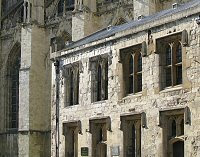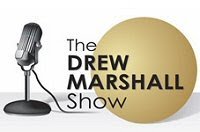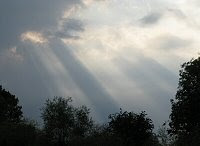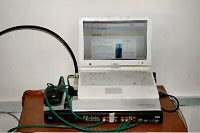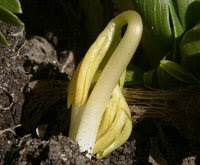 But individual bloggers post daily or less, often much less. Here on The Scilla Blog I'm doing well to manage a post every week, recently the rate is down to barely once a month. In some cases, multi-authored blogs might be the answer.
But individual bloggers post daily or less, often much less. Here on The Scilla Blog I'm doing well to manage a post every week, recently the rate is down to barely once a month. In some cases, multi-authored blogs might be the answer.Why are blogs with frequent posts more widely read?
Quantity or quality? - OK, it's not all about quantity. The best blogs are those that combine good quality material on interesting topics with multiple posts daily. One of the places this is done to good effect is in the area of electronics, computing, and technical stuff.
Take a look at the blogs listed below. Even if you're not interested in the topics, take a quick look and get a feel for the quality and sheer quantity of the items.
Clearly, this is much more effort than one writer can produce.
Most of the really successful blogs are run by companies or societies. Possibly a very enthusiastic full-time writer might make a brave attempt, but most of us have day jobs, families, education, as well as homes and gardens to care for. To populate a blog with, say, five posts each and every day would need 35 people each posting once a week.
A shared blog - So what I'm asking is twofold. First, can any of my readers recommend a good, multi-authored Christian blog that I could join. And secondly, if nothing suitable already exists, is there anyone out there that would like to share in setting one up?
I'm looking for a blog that focuses on wholesome, interesting comment covering world news concerning the Church, teaching items, reports on meetings and conferences and so forth. I'd prefer it to be open to all points of view but failing that, primarily supportive of house church, organic church, simple church (whatever you call it). But above all it absolutely must be honouring to Christ and giving him the glory in everything.
I've tried hunting for something of this sort online, but I've drawn a blank so far. There's a website called blogs4God that seemed a good place to start, but it doesn't quite hit the spot. Am I too fussy?
Why The Scilla Blog? - When I started The Scilla Blog I intended to post material that would be of interest to a wide audience, I just wanted to post about all my interests. I hoped that someone interested in astronomy might discover that archaeology is fascinating too, that a photographer might find a new insight into Christianity, that local people might find out more about the internet. But now I'm feeling the need to be part of something much more focused, something that I know I can't do on my own.
I don't plan to stop posting to Scilla, but I'd like to be posting elsewhere too - but not on my own. Most of all I'm looking for a place where I can post when I'm inspired to do so even if that means three times in two days and then not at all for an entire month.






